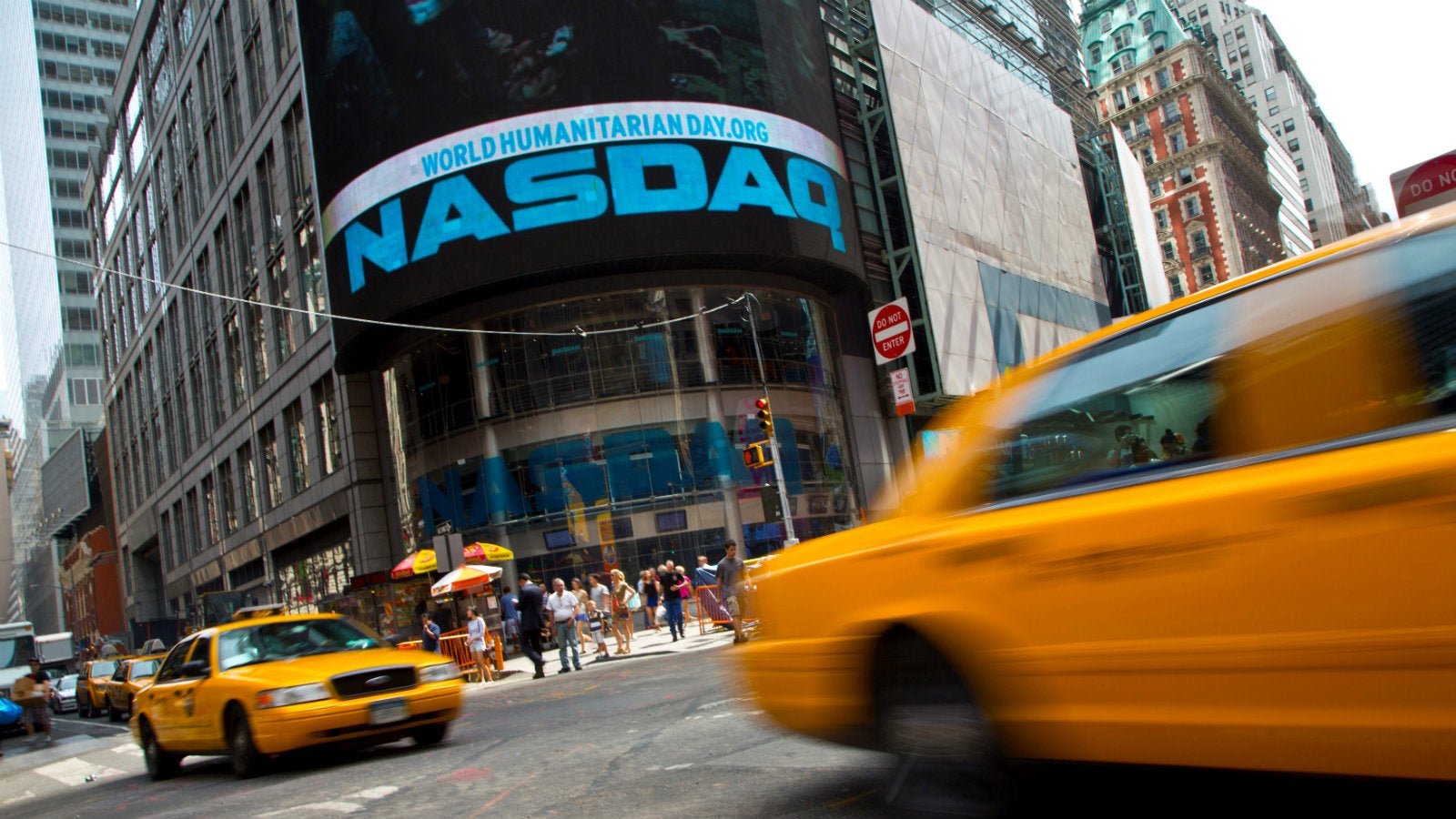Research suggests that randomly winning an H-1B visa makes US startups more successful
Hiring high-skilled immigrant workers can help US startups get funded, win patents, and go public, a recently published working paper shows.


Hiring high-skilled immigrant workers can help US startups get funded, win patents, and go public, a recently published working paper shows.
US policy makers have long debated reforms to the immigration rules as well as ways to encourage the formation of new companies. The study, which has yet to be peer reviewed, suggests that the random results of the H-1B visa lottery create measurable differences in the funding, patents, and outcomes that startups obtain.
Startups that win the H-1B lottery get more funding
The researchers from Nanyang Technological University in Singapore and University of Illinois at Urbana-Champaign found that startups with a higher rate of winning the H-1B lottery were more likely to get venture capital or private equity investment within one year, three years, and five years of the lottery.
Startups that win the H-1B lottery have better exits
Startups with higher win rates in the lottery are also more likely to get to a successful exit, which means either getting acquired for at least $25 million or selling shares in public markets—such as through an IPO. The effect of successfully hiring an H-1B worker on a successful exit or getting an IPO comes more slowly than getting external funding.
Startups that win the H-1B lottery get more patents
High-skilled immigrant workers also bring more innovation to startups. Companies with higher win rates through the H-1B lottery were issued more patents and were referenced in more patent citations.
The US government issues work permits to at most 85,000 high-skilled immigrant workers every year via H-1B visas. When the number of applicants exceeds the limit, US Customs and Immigration Services randomly grants visas through a lottery.
These cohorts of random winners and losers provided the researchers a straightforward way to examine how winning a visa in the H-1B lottery affects a startup’s success irrespective of its business characteristics or the quality of its potential hires.
The researchers sampled 1,866 for-profit startups that had completed at least one round of external financing and applied for at least one H-1B visa in 2008, 2009, 2014, or 2015—the years when an H-1B lottery took place. They studied the rate of applications winning the lottery and subsequent outcomes of the businesses.
A prior paper, using lottery data from 2006-2007, found little effect of securing H-1B approvals on the number of patents a company obtains. The study looked at all companies that went through the lotteries, not just startups. The new research findings suggest that H-1B workers have larger effects on startups than companies in general.